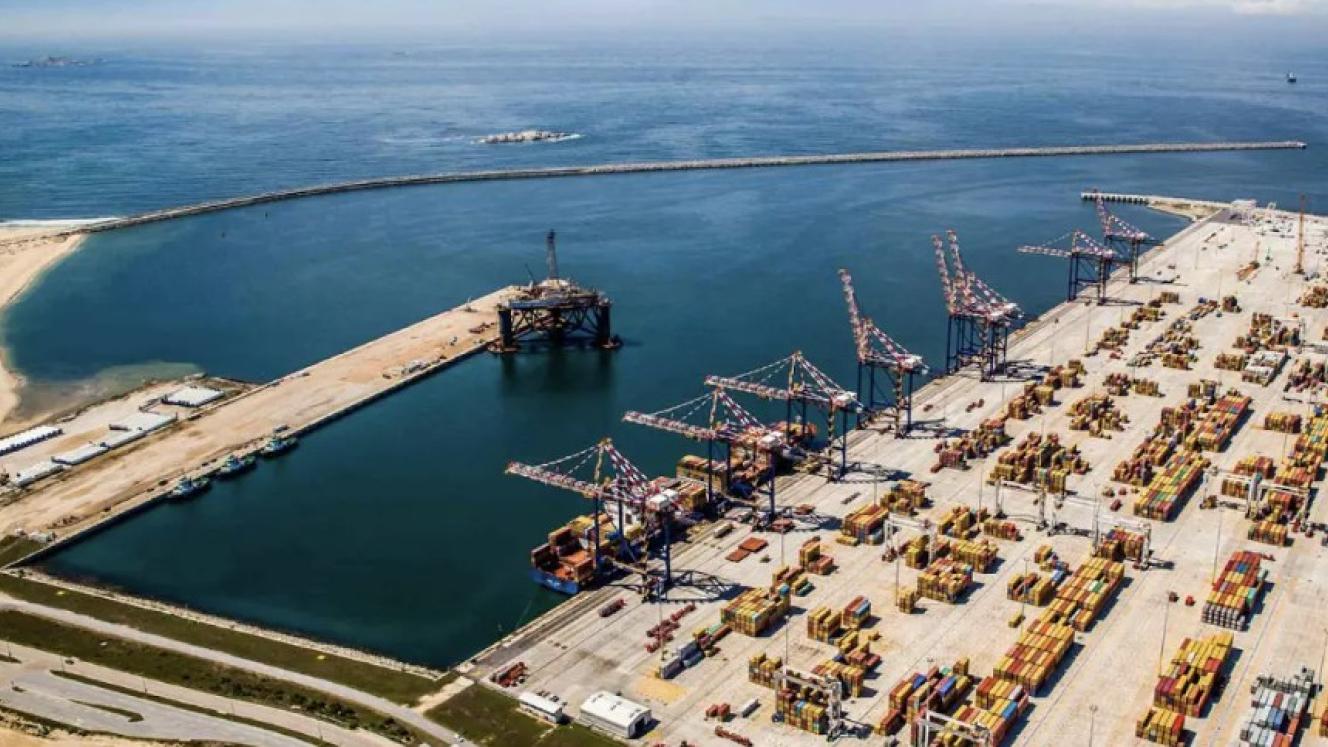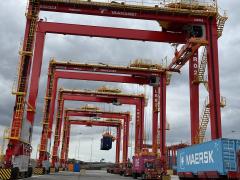The Road Freight Association (RFA) has called for an independent audit of all levies collected by the Department of Transport and National Treasury before implementation of a mooted new “traffic management levy”.
RFA CEO Gavin Kelly said the department needed to show improved management of revenue before implementing the proposed ‘traffic management levy’ which was recently mooted in the White Paper on National Transport Policy 2021: Revised. The new policy document was published on May 27.
The DoT proposed in the policy document that “a balanced funding policy on road traffic” be introduced.
“Spending priorities must be re-evaluated in the road and road traffic environment in view of traffic quality-related road user needs, the adverse economic impact of inadequate levels of road traffic management, and the expected benefits of increased spending on traffic management. Existing funding, budgeting and prioritising procedures will be adapted to ensure increased availability of funds for traffic management purposes,” the DoT said.
It added that “additional and innovative funding strategies for traffic management functions will be investigated and introduced”.
“This will include the allocation of a percentage of the roads budget for traffic control purposes. The introduction of a traffic management levy to vehicle licence fees and fuel sales will be investigated. Fine-collection procedures relating to traffic offences, penalties for non-payment, confiscation of movable property and demerit systems will be improved and fully implemented,” the department said.
“The desirability of apportioning traffic fines and bails to road traffic management funds instead of fines accruing to individual authorities and general state or provincial revenue funds will be explored. For this purpose, dedicated national and provincial road traffic management funds will be considered.”
Kelly said the mooted strategy indicated that the government was seeking to recoup its revenue shortfall due to the fuel levy cut. He said a ‘transaction fee’ that had ‘slowly increased’ annually already existed on all NaTIS system transactions which accrued to the Road Traffic Management Corporation (RTMC).
“As was feared, the proverbial ‘loss of income’ due to the cut in the fuel levy has resulted in a revenue shortfall. Government needs to recoup this shortfall ASAP and will find all sorts of ways to catch up and recover lost revenues,” he said.
It appeared the effect this would have on motorists and the public was the least of the government’s concerns, he added.
“The levy will no longer be on fuel, but it will be elsewhere - and we knew this was going to be the case. The replacement/new revenue generator needs to be spread as far and wide as possible. But it will have an upward effect on transport pricing. That is the nature of things: where costs are added, they will always appear, in one form or another, on the demand side.
“The reality is, however, that there is enough evidence - and experience - that funds have disappeared, been misappropriated, been incorrectly applied, have not gone to the intended recipient, or are just wastefully expended. There is no guarantee that traffic management, or road safety, or the condition of roads, will improve. In fact, there is more surety that the funds will just disappear again,” Kelly said.
However, the association is aware of the revenue restrictions and shortages facing National Treasury and believes far better management and guarantee systems of any revenue generated needs to be put in place before new revenue-collecting schemes are developed.
“Before any further funding mechanisms are created, a proper independent audit needs to be done on where all the other funds collected through fuel and road user levies have gone. They have not gone to road maintenance, development or road safety,” Kelly added.













